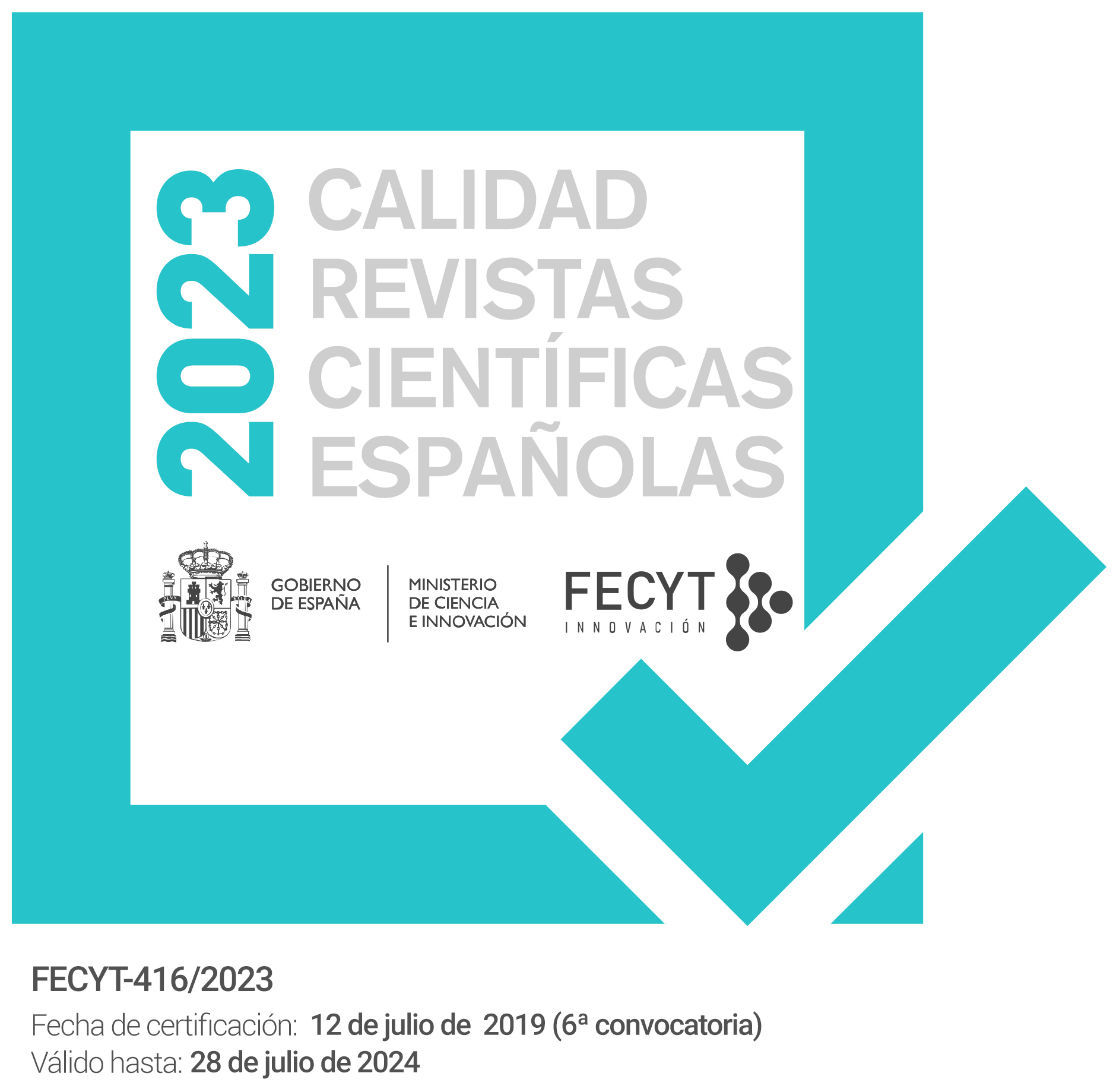El mercado ineluctable: falacias de la ideología neoliberal / The Ineluctable Market: The Fallacies of Neoliberal Ideology
Keywords:
Mercado, libre competencia, capitalismo, neoliberalismo, ideología, Market, Free Competition, Capitalism, Neoliberalism, IdeologyAbstract
Según la microeconomía ortodoxa, el mercado de competencia perfecta es un mecanismo de autorregulación de las relaciones económicas que, más allá de las voluntades individuales, asigna de manera óptima los recursos. Mercado y competencia no serían solamente una forma de organización social «natural», y por ende ineludible, sino también un modelo deseable, ya que permiten maximizar el «bienestar social». A pesar de sus fallos, el mercado sería entonces la única solución salvífica y posible. El presente artículo se propone reflexionar sobre las falacias de este «discurso», del que se ha ido nutriendo el capitalismo neoliberal durante las últimas tres décadas.
According to mainstream microeconomics, a perfectly competitive market automatically leads to self-regulation among economic agents and to the optimal allocation of resources. Not only are competition and the market considered to be “natural” and therefore ineluctable social mechanisms, but they are also desirable models, as they maximize “social welfare”. Despite its flaws, the market is therefore the only healthy and possible solution. The present article reflects on the fallacies of this “discourse” and its nourishment of neoliberal capitalist ideology over the last three decades.
Downloads
References
Bauman, Z. (2007a): Vida de consumo, Fondo de Cultura Económica de España, Madrid.
Bauman, Z. (2007b): Homo consumens. Lo sciame inquieto dei consumatori e la miseria degli esclusi, Erickson, Gardolo.
Bihr, A. (2007): La novlangue néolibérale. La rhétorique du fétichisme capitaliste, Editions Page deux, Lausanne.
Gaboriau, P. (2008): Le chercheur et la politique, Editions Aux lieux d’être, Montreuil.
Laval, C. ; Dardot, P. (2013): La nueva razón del mundo. Ensayo sobre la sociedad neoliberal, Gedisa, Barcelona.
Garaudy, R. (1964): Karl Marx, Editions Seghers, Paris.
Gill, L. (2002), Límites y fundamentos del capitalismo, Editorial Trotta, Madrid.
Mansfield, E. (1975): Microeconomics. Theory and Applications, W. W. Norton & Company, New York.
Marsi, L. (2010): «Después del derrumbe del muro de Berlín, ¿el fin de la Historia? Principios y criterios del neoliberalismo», Revista de Historia Actual 8: 153-165.
Marsi, L. (2016): «Nuevas formas del militantismo en la época neoliberal», Revista de Historia Actual Online 39 (1): 143-152.
Martínez, O. (1999): Neoliberalismo en crisis, Editorial de Ciencias Sociales, La Habana.
Marx, K. (1873): El Capital, Epílogo al Libro I, 2ª edición alemana.
Marx, K.; Engels, F. (1846): La ideología alemana, 1, Feuerbach. Contraposición entre la concepción materialista y la idealista, (Introducción), 5ª edición (1974), Coedición Ed. Pueblos Unidos, Montevideo y Ed. Grijalbo, Barcelona
Navarro, V. ; Torres López, J. (2012): Los amos del mundo. Las armas del terrorismo financiero, Espasa Libros, Barcelona.
Parkin, M., Powell, M. ; Matthews, K. (1997): Economics, Addison Wesley Longman Limited, Harlow.
Passet, R. (2000): L’illusion néo-libérale, Fayard, Paris.
Samuelson, P. (1980): Economics, McGraw Hill, New York.
Samuelson, P. ; Nordhaus, W. (2005): Economía, 18ª edición, McGraw Hill, México.
Downloads
Issue
Section
License
The articles are open access distributed under the terms of the Creative Commons Attribution-NonCommercial-NoDerivatives (CC BY-NC-ND) Spain 4.0 license. Authors who publish in this journal agree with the following terms:
a) Authors retain the copyright and guarantee the journal the right to be the first publication of the work as well as licensed under a Creative Commons Attribution License that allows others to share the work with a recognition of the authorship of the work and the Initial publication in this magazine.
b) Authors may separately establish additional agreements for the non-exclusive distribution of the version of the work published in the journal (for example, place it in an institutional repository or publish it in a book), with recognition of its initial publication in this magazine.
c) Authors are allowed and encouraged to disseminate their work electronically (for example, in institutional repositories or on their own website) before and during the submission process, as it may result in productive exchanges, as well as a earliest and largest citation of published works (See The Effect of Open Access).



